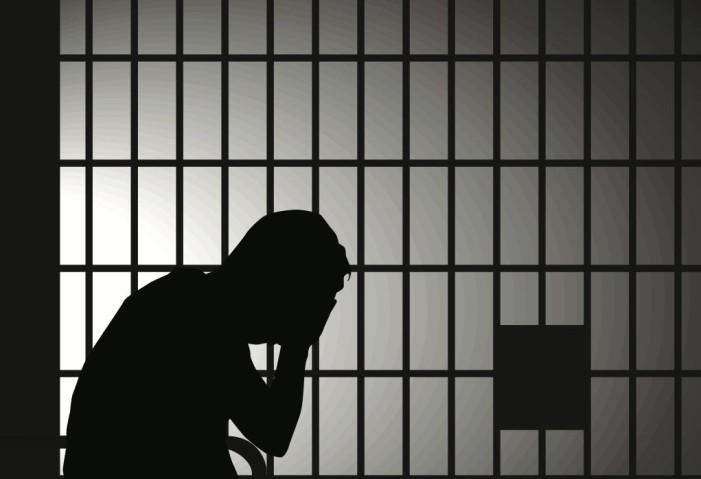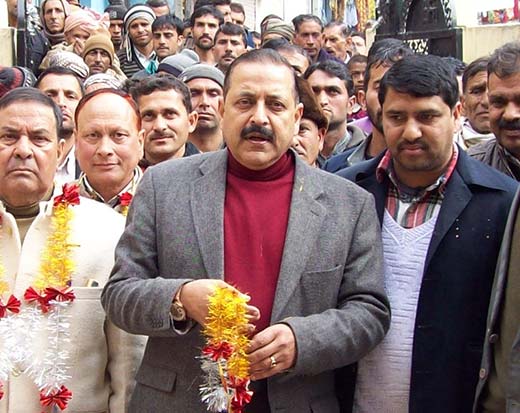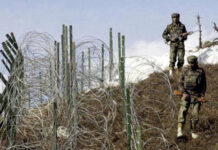KL Report
SRINAGAR
Amnesty International has urged the new NDA government in New Delhi to take a comprehensive approach in implementing proposed policies, including consultations with all communities living in Jammu and Kashmir, and those looking to return there.
“The organization is also concerned that proposed steps do not adequately address India’s obligations under international and domestic law to provide effective remedy and reparation to victims of human rights abuses, a necessary measure according community leaders to build confidence in the state and promote long-term stability,” a statement issued by the human rights group said.
“Amnesty International India recognizes the government’s duty to protect its citizens in situations of conflict from threats to their lives and security. Recent statements made by armed groups, including a video released by Al-Qaeda, have raised concerns within the government and civil society of heightened conflict in the region. The government should ensure that any response to these threats respects the human rights of those living in J&K, and the rule of law. These principles must be held in the highest regard even in the most challenging of times,” the statement added.
Amnesty International said that it welcomes the pledge of the new central government to ensure the security of all citizens in Jammu and Kashmir (J&K) in the wake of Defence Minister Arun Jaitley’s visit to the state.
The statement further read, “Despite the authorities’ stated commitment to ‘zero tolerance for human rights violations,’ Amnesty International India has continued to receive consistent reports of human rights violations including allegations of extrajudicial killings, torture, and arbitrary detention by state security forces. The government must uphold its obligations under international law and the Constitution of India to provide effective remedy and reparation to all victims of human rights abuses, which includes prosecution of those suspected, irrespective of their position.”
Rehabilitation scheme for return of Kashmiri Pandits
The Amnesty International said that it is concerned that there have been insufficient measures to build confidence and ensure the safety and smooth integration of families returning to the Kashmir valley. “The state and central governments have made several attempts since 2003 to persuade Pandit families to return to their homes,” it said.
A J&K police report in 2011 stated that 209 Kashmiri Pandits had been killed in J&K since 1989, but that charges had been established in just 24 cases.
“One notorious incident involved the deaths of 24 Kashmiri Pandits in 2003 by unidentified gunmen in Nadimarg. Eleven years later, investigations into this incident have yet to be completed. Ensuring accountability and remedy to victims of human rights abuses, such as unlawful killings, is a crucial confidence-building measure according to Pandit groups to restore faith in the government’s ability to protect their community in Kashmir, and uphold India’s obligation under international law to investigate and hold accountable those responsible for abuses,” the statement further said.
“Amnesty International urges the state government to ensure that religious minorities in the state are able to exercise all their constitutionally guaranteed rights, and that impartial and independent investigations are conducted into the killings at Nadimarg, and all other allegations of unlawful killings, with a view to bringing to justice those responsible,” the statement demanded.
Amnesty International also urges the Indian authorities to establish a rehabilitation programme to provide full and effective reparation including restitution, compensation, rehabilitation, satisfaction and guarantees of non-repetition to all victims of human rights abuses in Jammu and Kashmir. “The programme should be devised in consultation with victims and should take into account the different experiences and needs of people who experience conflict differently, as well as minority religious groups.”














